By Lauren Freedman, Western Michigan University
It’s more books than we can read, but we get to choose…and the pictures really help…I never used the raggedy old [text] books, we used to have…but now I like these new books and there’s so many, I feel like I’m at the library…you can investigate history and science facts and some books even disagree; then we go to Mr. Xxx and he says “look it up on the web,” so we become investigators.
The books help me learn to read cuz I can go ‘til I find a book that makes sense to me and then there’s another book and then another so I can read as many as 3 books sometimes in one class and that’s a lot…yeah, but you don’t gotta read a whole book to find what you need so you don’t really read 3 books but look at maybe more…and Mrs. Xxx says that’s okay…and you still learn a lot…the trouble with these books is that they make you ask a lot of questions and then Mr. Xxx says the answers are in these books, find ‘em…yeah then you gotta read more.
–7th grade focus group


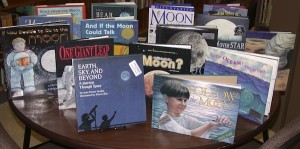
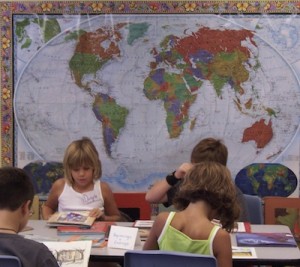

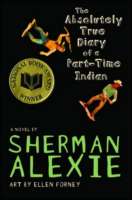 This week, we continue our exploration of authors as mentors—authors whose work and words contribute to our teaching of reading, writing, language, and culture. As we’ve mentioned in past weeks, we are interested in exploring a study of mentor authors whose work informs students as readers and writers but also as global citizens. We are now layering
This week, we continue our exploration of authors as mentors—authors whose work and words contribute to our teaching of reading, writing, language, and culture. As we’ve mentioned in past weeks, we are interested in exploring a study of mentor authors whose work informs students as readers and writers but also as global citizens. We are now layering  This week, we begin our exploration of some of our favorite authors whom we have looked to as mentors in our classrooms—authors whose work and words contribute to our teaching of reading, writing, language, and culture. Again, we draw upon the framework below for our initial selection of possible mentor authors when we embark upon such study with students. Additionally, we are currently deeply immersed in work with international issues, themes, and literature with both students and teachers in K-12 classrooms. We are now layering <a href="http://wowlit.org/blog/2011/04/04/reading-as-a-collaborative-act-a-framework-for-exploring-author-studies/#more-15955
This week, we begin our exploration of some of our favorite authors whom we have looked to as mentors in our classrooms—authors whose work and words contribute to our teaching of reading, writing, language, and culture. Again, we draw upon the framework below for our initial selection of possible mentor authors when we embark upon such study with students. Additionally, we are currently deeply immersed in work with international issues, themes, and literature with both students and teachers in K-12 classrooms. We are now layering <a href="http://wowlit.org/blog/2011/04/04/reading-as-a-collaborative-act-a-framework-for-exploring-author-studies/#more-15955 Many teachers are very hesitant to use graphic novels in their classroom. Much of the hesitation has to do with a personal lack of familiarity with this specific form of literature. For some, the use of graphic novels in the classroom is foreign and scary, some might not even see it as “literature,” while others are actually beginning to see the great advantage of using them to supplement student learning.
Many teachers are very hesitant to use graphic novels in their classroom. Much of the hesitation has to do with a personal lack of familiarity with this specific form of literature. For some, the use of graphic novels in the classroom is foreign and scary, some might not even see it as “literature,” while others are actually beginning to see the great advantage of using them to supplement student learning.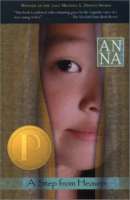 In
In 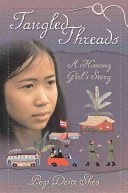 Immigrant students face significant challenges in balancing their home culture and American culture. In
Immigrant students face significant challenges in balancing their home culture and American culture. In 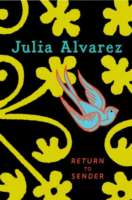 Emergent bilinguals make up 8.2% of the total population of all children under the age of 18 in South Carolina. While there are many languages spoken by immigrant children in our schools, Spanish is the most widespread language spoken by 40,000 of all emergent bilinguals (
Emergent bilinguals make up 8.2% of the total population of all children under the age of 18 in South Carolina. While there are many languages spoken by immigrant children in our schools, Spanish is the most widespread language spoken by 40,000 of all emergent bilinguals (